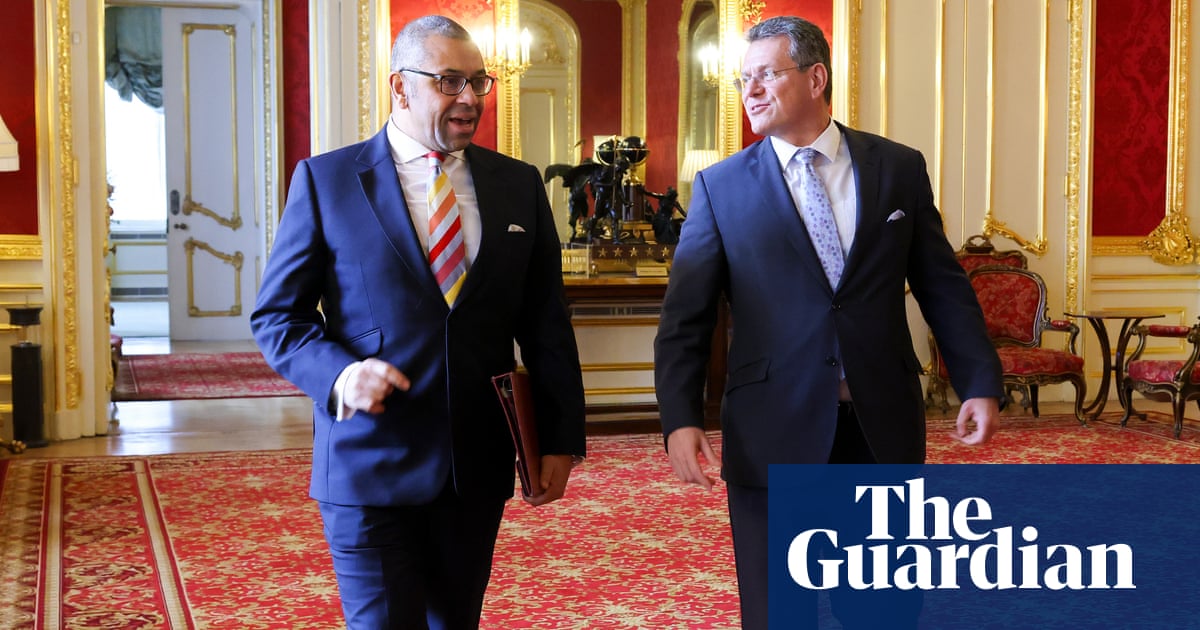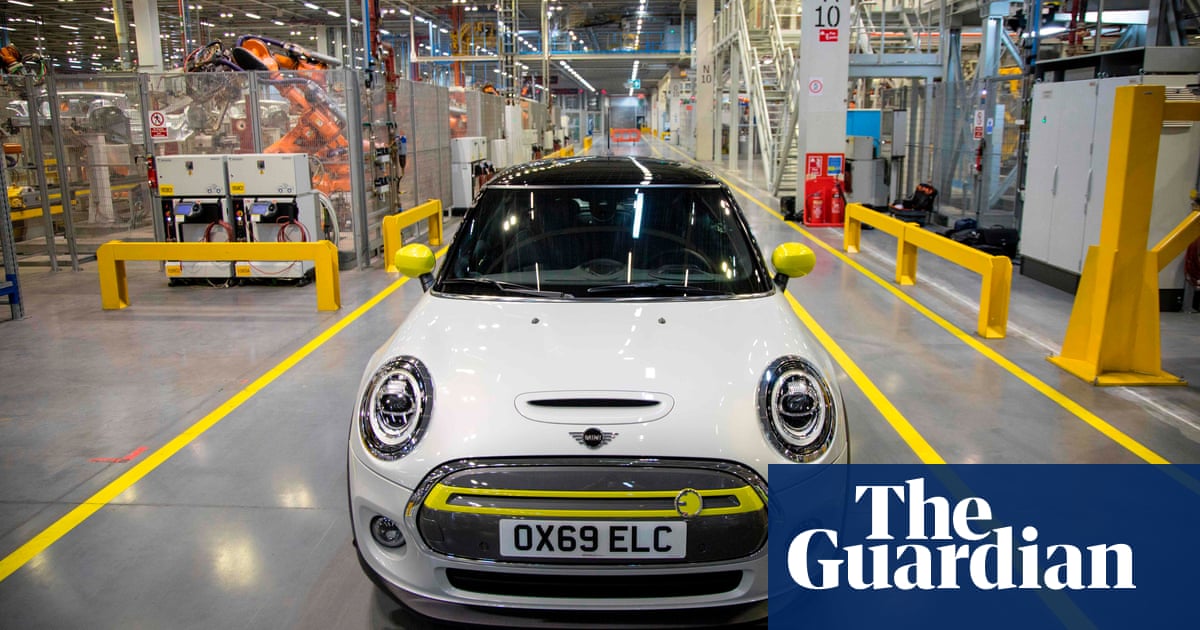
Prime Minister Boris Johnson has said it is ‘very, very likely’ the talks will fail, and Britain will revert to WTO terms with its largest single trading partner
LONDON: Britain on Saturday readied armed Royal Navy ships to patrol its fishing waters if tempers flare after a “no-deal” Brexit as a make-or-break deadline approached for talks with the EU. Four 80-meter (260-feet) vessels have been placed on standby to guard British waters from EU trawlers in case the two sides decide to abandon efforts to secure a free-trade agreement on Sunday.
The development is part of increased contingency planning on both sides of the Channel, and evokes memories of the “Cod Wars” with Iceland over fishing rights in the North Atlantic in the 1960s and 70s.
Prime Minister Boris Johnson has said it is “very, very likely” the talks will fail, and Britain will revert to World Trade Organization (WTO) terms with its largest single trading partner. European leaders have also been told the chances of a deal are slim with both sides at loggerheads over rules to govern fair competition and fishing rights in British territorial waters.
Deal or no deal, Britain will leave the EU single market and customs union on the evening of Dec. 31, more than four years after a landmark referendum on membership of the bloc. Hard-line Brexit-supporting Conservative MPs have sought assurances from Johnson that the navy should be deployed to protect British waters.
Lawmaker Daniel Kawczynski said it would help “prevent illegal French fishing” when EU access ends.
WTO terms would mean tariffs and quotas, driving up prices for businesses and consumers, and the re-introduction of border checks for the first time in decades.
That has already raised the prospect of heavy traffic clogging roads leading to seaports in southern and southeast England, as bureaucracy lengthens waiting times for imports and exports.
Transport companies have also warned that EU member Ireland could see import volumes shrink in the event of new customs procedures for goods routed through Britain.
“As an industry we’re looking to plan ahead but there’s so many unknowns it becomes difficult,” said Road Haulage Association director Martin Reid. Logjams at the Felixstowe container port in eastern England and elsewhere have already raised fears of more to come, and delays in deliveries to shops, businesses and industry.
But the government said they were mainly caused by a “global spike” in demand for consumer goods and the effect of the coronavirus outbreak on shipping patterns and container capacity.












